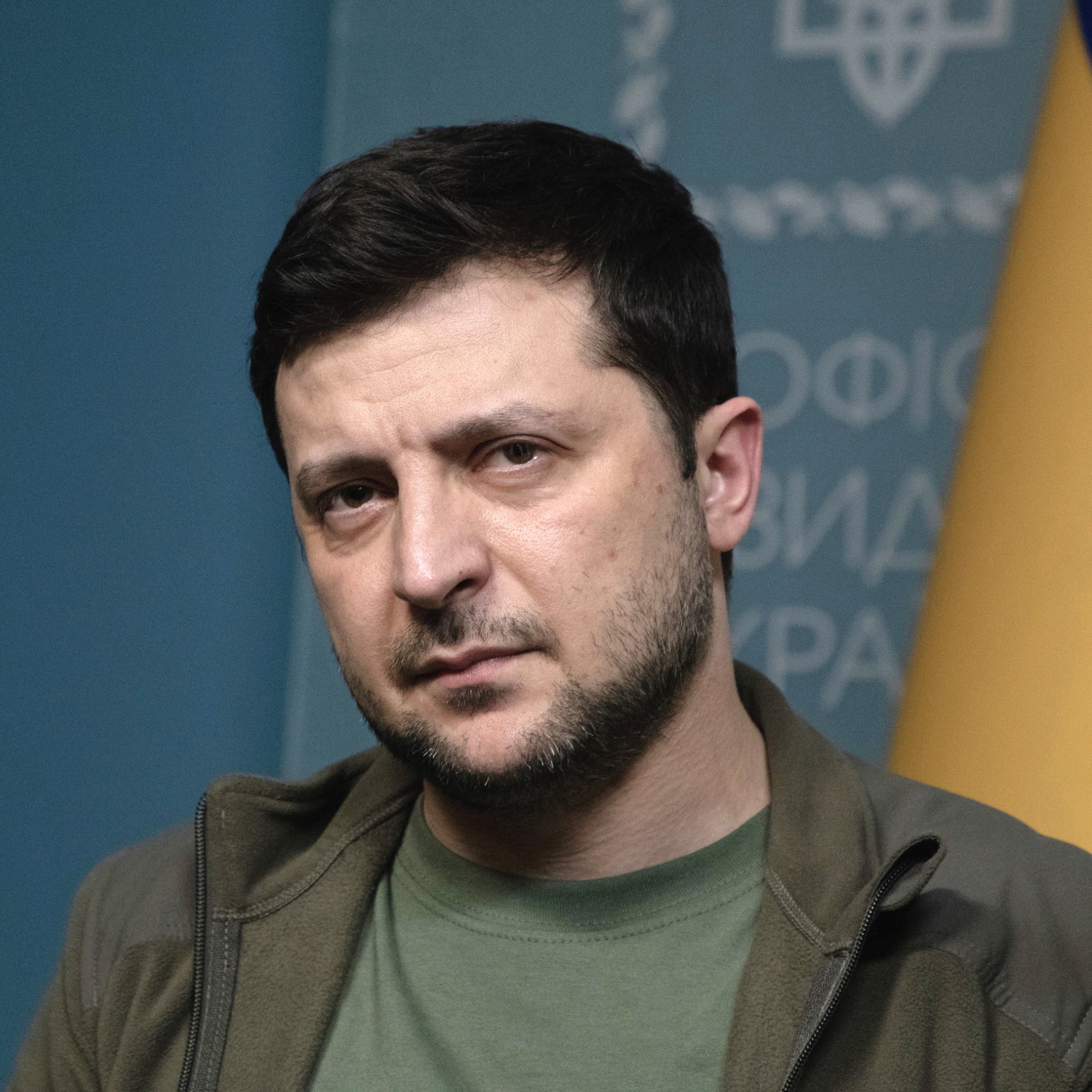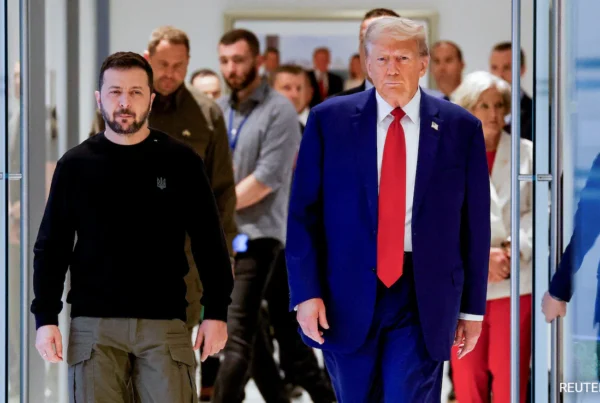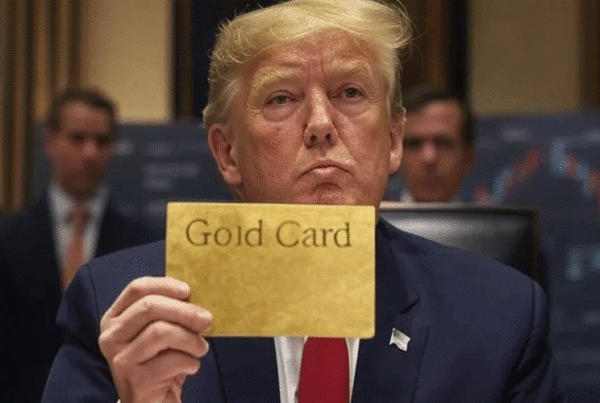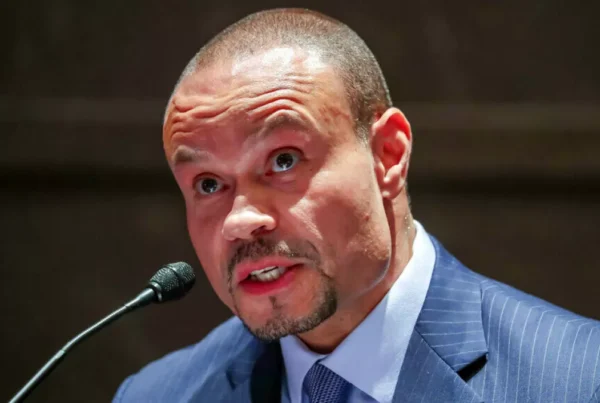In a significant development in international politics, President Donald Trump has publicly called for Ukraine to hold presidential elections as a condition for negotiating a peace deal with Russia. This statement comes at a time when the ongoing conflict in Ukraine has reached a critical juncture, with both sides entrenched in their positions.
Context of the Call for Elections
Trump’s suggestion comes amidst Ukraine’s current state of affairs, where the nation is under what he describes as “essentially martial law.” Since the full-scale invasion by Russia began in February 2022, Ukraine has been in a state of war, which legally precludes the possibility of holding elections due to the security and logistical challenges posed by active combat zones.
Implications for Ukraine
-
- Political Stability: Holding elections in a war-torn country could be seen as an attempt to stabilize the political landscape by ensuring democratic processes continue, even under duress. However, this could also lead to significant security risks for candidates, voters, and election officials, especially in areas close to the front lines.
-
- Legitimacy of Leadership: The current Ukrainian President, Volodymyr Zelenskyy, has been at the helm during this crisis, leading with a mandate that was not renewed through elections due to the ongoing conflict. Trump’s push for elections could be interpreted as a challenge to Zelenskyy’s legitimacy or an attempt to reshape Ukrainian politics in favor of peace negotiations.
-
- Russian Influence: Critics argue that this condition might play into Russian hands, providing an opportunity for interference or influence in Ukrainian electoral processes, potentially destabilizing the country further or installing a more Russia-friendly government.
Reactions and Analysis
-
- From Kyiv: The Ukrainian government has not officially responded to Trump’s statement, but there’s considerable concern about the feasibility and safety of organizing elections while the country is under attack. The suggestion has sparked debate within Ukraine about sovereignty, democracy, and the path to peace.
-
- International Perspective: Allies like NATO and the EU are likely to weigh in, considering the implications for European security and the integrity of democratic processes in nations under threat. There’s a delicate balance to maintain between supporting Ukraine’s right to self-governance and the practicalities of wartime elections.
-
- Russian Stance: Russia has been vocal about the legitimacy of Ukraine’s leadership, with President Putin previously stating that Zelenskyy lacks the mandate to sign any peace agreements without new elections. Trump’s call might align with some of Moscow’s narratives, though it’s unclear if this would lead to genuine peace efforts or further strategic gains for Russia.
Looking Forward
Trump’s proposition for Ukrainian elections as a peace condition underscores the complexities of resolving the conflict. It raises questions about whether a new election could truly pave the way for peace or if it would merely serve as a tactical move in the broader geopolitical chess game. The practicalities of organizing an election in a war zone, coupled with the potential for external interference, add layers of complication to an already intricate situation.
As discussions unfold, the international community will watch closely to see how this proposal influences the dynamics of conflict resolution between Ukraine and Russia, how Ukraine navigates its internal and external pressures, and whether this could lead to a genuine cessation of hostilities or further entrenchment of the current standoff.



